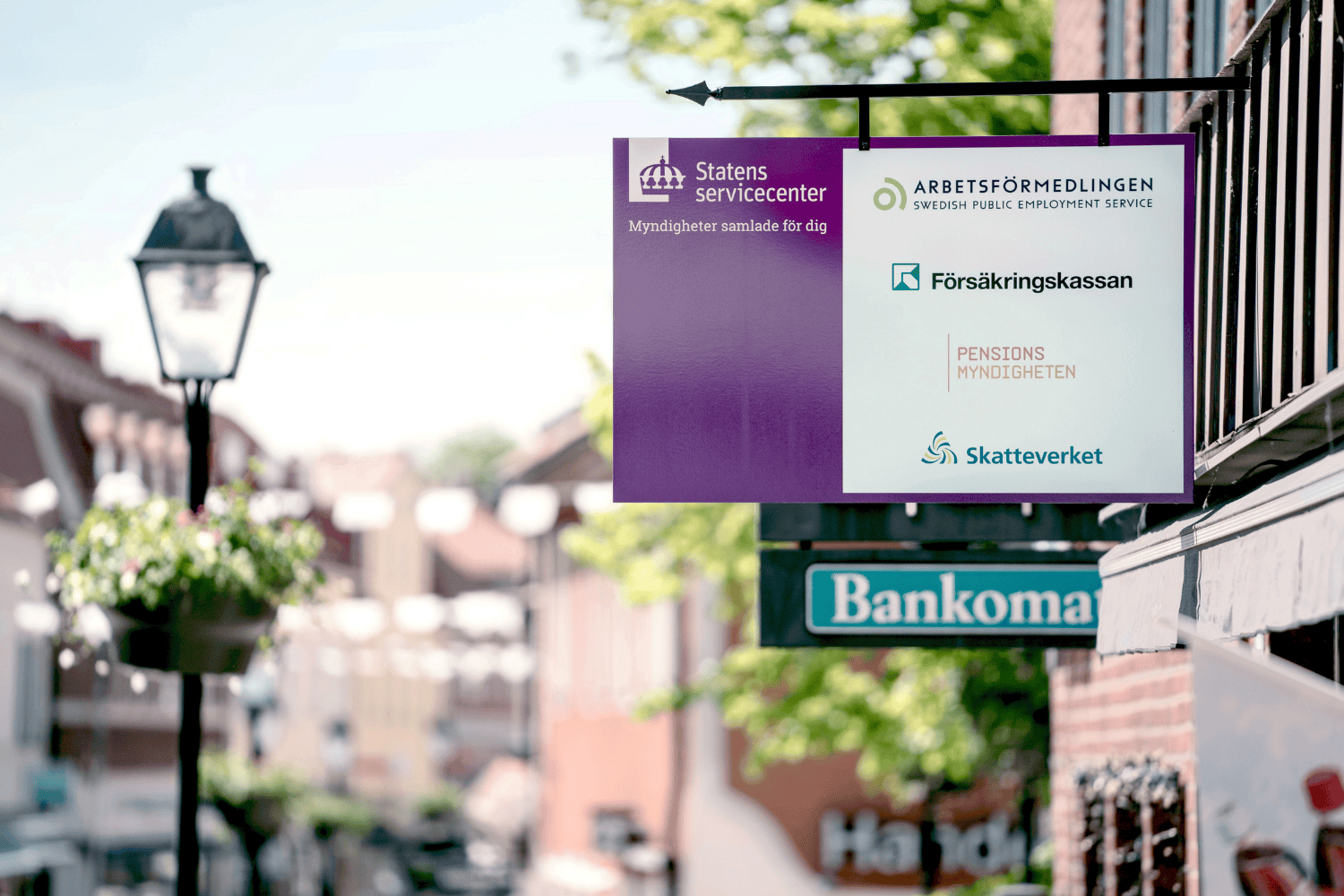- India 14.7 °C
- Tuesday, January 28 | 2025
-
Guide to Sweden
Guide to Sweden
- Articles
- About
-
Shop
Online Courses
- Login
🕒 Loading... Stockholm
-
Guide to Sweden
Guide to Sweden
- Articles
- About
-
Shop
Online Courses
- Login
🕒 Loading... Stockholm
-
Guide to Sweden
Guide to Sweden
- Articles
- About
-
Shop
Online Courses
- Login





































